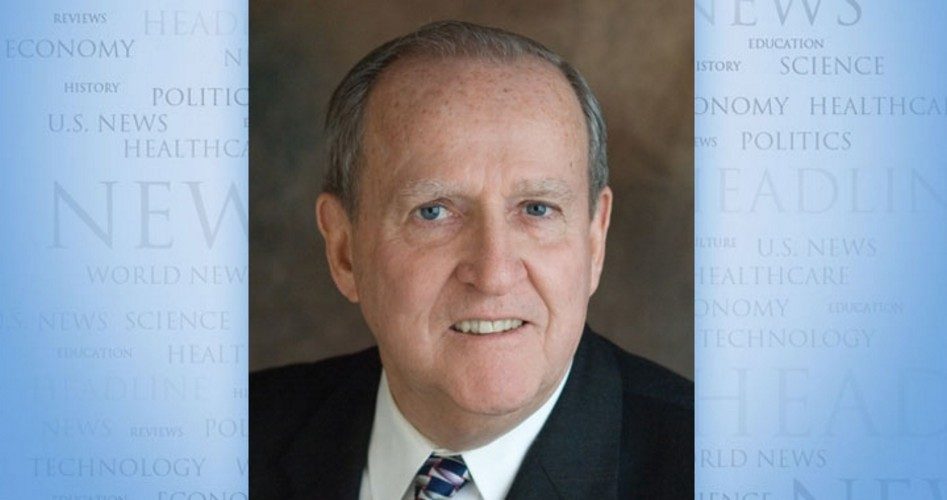
There are, of course, many who insist that conferring legitimacy on same-sex marriage is perfectly proper, even overdue. Permit this writer to label the idea absurd, even an attack on civilization itself.
“Supporters of traditional marriage rallied Tuesday in downtown San Diego outside the Federal Courthouse one day after those in favor of same sex marriage rallied in the same spot.” (Fox5 San Diego)
If marriage between two men or two women is legal, even fostered by some in government, then the question ought to arise about how such a departure from previous norms became accepted. The answer is that there has been a turning away from traditional moors by the people, and the emergence of activist judges, even within the highest court in the land, who claim power to set their own rules for the conduct of fellow Americans, or who wink at the discarding of previous norms by their judicial partners.
One can only wonder what will be next. Will polygamy and polyandry be accepted? Will children be targeted? Will any sanctions against what has always been considered aberrant behavior be cast aside?
In just a few years, the nation has gone from a strict view of traditional marriage to open season on its actual meaning. With a large margin, Congress passed the Defense of Marriage Act (DOMA), but the Supreme Court voided it. State after state has bowed to pressure from the homosexual lobby and given a green light to what had previously been termed abominable. Then, in October 2014, the Supreme Court turned its back on marriage by refusing to stop lower court federal judges from canceling existing state laws against the procedure.
Which brings us to the question: Is there any recourse for those who value the traditional moors that have always characterized this nation and Western civilization itself? And the answer is that there are some steps that can be taken — but only if there are enough concerned Americans who demand that leaders take them.
First, there has to be a realization that members of the judicial branch have no authorization to make law. Those who do so should be labeled “judicial activists” and barred from meddling where they have no authorization.
Second, the Constitution’s Article III, Section 1 grants Congress power to abolish federal district courts (called “inferior Courts”) and to remove from office any judges who do not adhere to “good behavior.” Judicial activism is a prime example of bad behavior.
Third, The Constitution’s Article III, Section 2 grants Congress power to limit the court’s jurisdiction over whatever topics it chooses. Congress could have forbidden the federal courts from having anything to say about abortion. In like manner, Congress has the power to tell the Supreme Court and all federal courts that they have no say in marriage.
Will Congress use its constitutional powers to reverse the advances that threaten to overturn the moral base of the great experiment known as America? It’s up to U.S. citizens to push hard for members of the House and Senate to do exactly that.
In 1821, more than a decade after he had left office as president, Thomas Jefferson spoke out about usurpation of authority by the courts. He stated:
It has long, however, been my opinion … that the germ of dissolution of our federal government is in the constitution of the federal judiciary … working like gravity by day and by night, gaining a little today and a little tomorrow, and advancing its noiseless step like a thief over the field of jurisdiction, until all shall be usurped from the States, and the government of all shall be consolidated into one. To this I am opposed; because when all government shall be drawn to Washington as the center of all power, it will render powerless the checks provided … and will become as venal and oppressive as the government [of King George] from which we separated.
The Jeffersonian warning surely applies today.
John F. McManus is president of The John Birch Society and publisher of The New American. This column appeared originally at the insideJBS blog and is reprinted here with permission.



